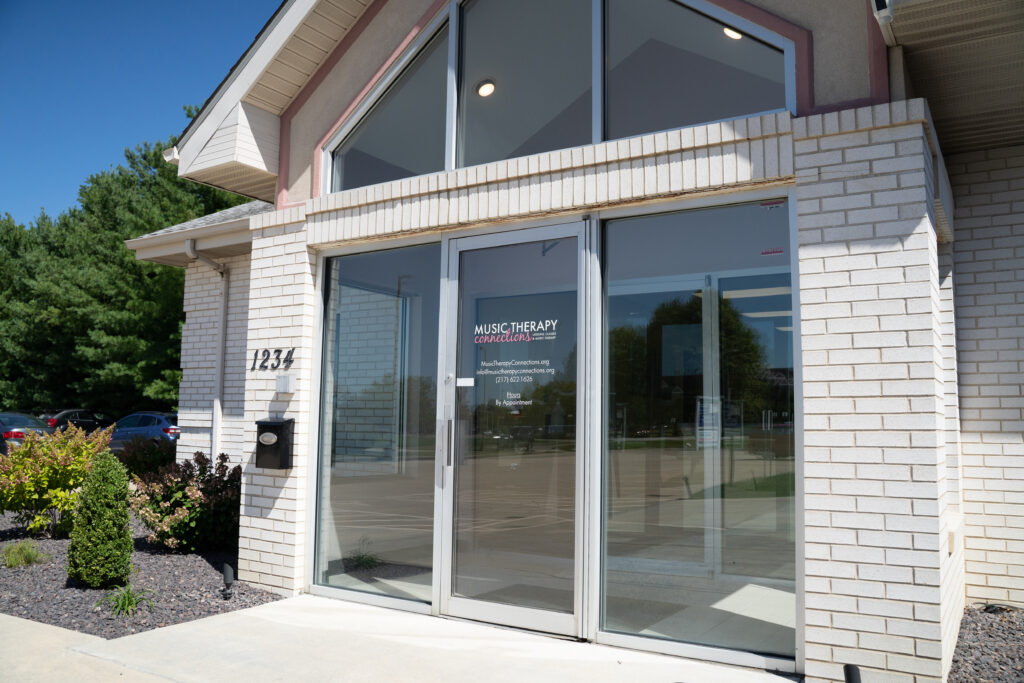Hello All!
I am so glad to be back in the swing of things after the break and posting again!
It has been a whirlwind of a few months here at Music Therapy Connections. I am approaching my four month mark for my six month internship. I am now at the point where I am leading most of the sessions and interactions between students, clients, patients family, doctors, nurses, and so on. Every day I get asked questions like…“So you play guitar for the kids here?”, “You help them to relax?” or the most common response “What is music therapy?”.
So, what do you say? How do you explain what we do to parents, students, doctors, or someone who overheard you at the grocery store. Well..
- Who are you talking to? If you are speaking to a student or a child it is perfectly appropriate to use abbreviated terms and casual speech, but when parents, nurses, and other adults ask they usually want to hear the more clinical aspect of what we do and how we approach therapy.
- What is their need to know information? Are they asking about music therapy concerning their mother who has Dementia, their niece who has autism, or even themselves. If time permits it is very helpful to ask what sparked their interest. That can be help you to give them information and resources that cater to their interests.
- Finally, and this is a big one… TIME. Is this an inquiry via email, in a shopping line, in passing in the hallway or even on an elevator. What do you do when someone asks you the big question “So, what is music therapy?” and you have two floors to give them a clear and concise answer. AND GO!
I like to have my go to facts in my head to refer back to. They include…
- To be a music therapist you have to have a four year degree in music therapy and complete a six month internship full time totaling 1040 hours. After internship the student must take the board certification exam and pass to become a board certified music therapist or MT-BC.
- In music therapy we address non-musical goals like speech, cognition, social skills, emotions, and motor goals. If we were to focus on musical goals that would be more of an adaptive lesson.
- Music contributes to therapy in many ways including providing grounding and orientation, rhythmic stimulus for calming heart rate or promoting a steady consistent gait, and in general music comes with less verbal and physical expectations. There are many ways to achieve a successful therapeutic experience in music therapy without any speech at all.
Music therapy is a wide reaching profession. It is impossible to explain all of what we do in a few sentences in a line at the grocery store, but with a few go to facts we can all advocate for music therapy every day.
Best of luck!




Trackbacks/Pingbacks